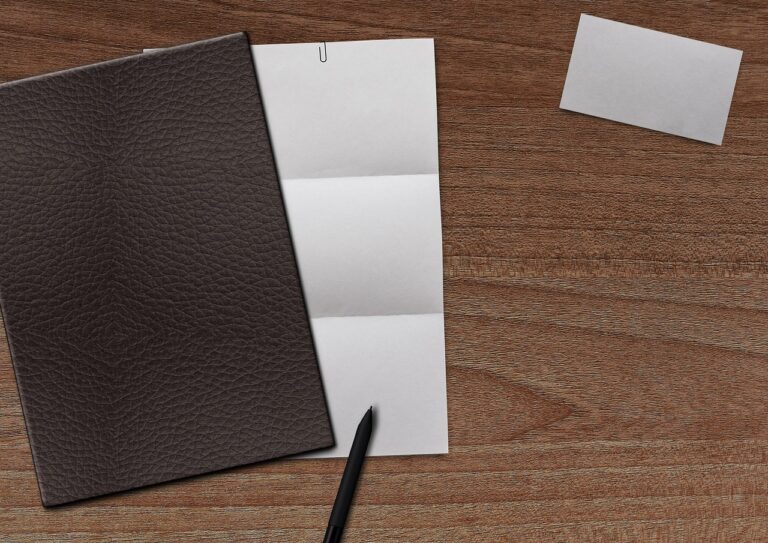What to Expect During a Mobile Notary Visit
Engaging a Mobile Notary can simplify the notarization process by bringing services directly to your chosen location. Whether you’re at home, the office, or a local café, a mobile notary offers convenience and flexibility. Before the visit, it’s helpful to know what to anticipate—from scheduling and preparation to the actual signing and post-appointment details. This guide walks you through each stage to ensure a smooth experience.
Scheduling and Preparation
When you contact a Hospital Notary Service provider, you’ll discuss your needs, document types, preferred location, and timing. Many mobile notaries accommodate medical facilities, ensuring patients can notarize critical documents without leaving their rooms. During this call, clarify whether any special permissions or escorts are required for hospital entry. Double-check your appointment details, including the notary’s name, arrival window, and any fees for after-hours or emergency visits. Gathering all necessary IDs and documents beforehand will save time and reduce stress.
What Happens Upon Arrival
On the day of the appointment, expect the notary to arrive punctually within the agreed-upon window. The notary will introduce themselves, verify your identity, and examine your documents. If you’ve arranged for a Jail Notary Service, the process is similar, though additional security protocols may apply. Correctional facilities often require notaries to submit credentials in advance, pass through security screenings, and adhere to strict visitation rules. Be ready to present identification, sign in, and follow any facility-specific guidelines.
Identity Verification and Document Review
The cornerstone of any notarization is proper ID verification. Acceptable forms typically include government-issued driver’s licenses, passports, or military IDs. The notary will inspect each document to ensure completeness and accuracy, verifying that no sections are blank and that all signatures appear original. If any corrections or blanks exist, you may need to amend the documents before proceeding. This meticulous review protects both you and the notary from legal complications.
Signing and Notarial Act
Once your identity is confirmed, the notary will ask you to sign in their presence. They’ll complete the notarial certificate, affix their seal or stamp, and sign the certificate themselves. If you’ve requested Emergency Notary Services outside standard business hours, additional fees may apply, and the notary will document the emergency nature of the visit. Pay attention to the notary’s instructions, as failing to sign in the correct spot or signing prematurely can invalidate the notarization.
Specialized Situations and Locations
Notarization at the Airport
Travelers often need last-minute notarizations before flights or after arriving in a new city. An Airport Notary Services specialist can meet you at terminals, lounges, or nearby hotels. Ensure you allow extra time for airport security and travel between terminals. The notary may request gate information or airport credentials to expedite entry. Having the documents pre-reviewed and prepared will minimize delays in this fast-paced environment.
Notarizing for Corporate and Real Estate Transactions
Mobile notaries frequently handle corporate resolutions, closing documents, and power of attorney forms. If you’re closing a property sale, expect the notary to coordinate with escrow agents or real estate attorneys. They’ll notarize deeds, affidavits, and loan documents on site—whether at your home, office, or the property itself. Be prepared for a more extensive signing session, often involving multiple pages and complex instructions.
After the Notarial Act
Once the notary completes their duties, they’ll return the notarized documents to you immediately. Review the signature block, seal impression, and dates to ensure everything is properly recorded. Retain your copy in a secure location and provide any additional copies to relevant parties, such as financial institutions or legal representatives. The notary will maintain their journal entry and may provide you with a receipt if requested.
Tips for a Smooth Experience
Confirm Fees and Payment Methods
Before the notary arrives, ask about travel fees, after-hours charges, and accepted payment methods. Many mobile notaries accept cash, credit cards, or digital payments. Clarifying this in advance prevents surprises and ensures you can finalize payment promptly.
Prepare Multiple Copies
If you require multiple notarized copies, prepare all sets in advance. The notary can stamp each one in the same session, saving you from scheduling additional visits.
Ensure Proper Lighting and Workspace
Provide a well-lit, flat surface for the signing. This helps the notary accurately stamp, seal, and sign documents without smudges or errors.
Communicate Special Requirements
If you need services in unconventional settings—such as hospitals, jails, or airports—inform the notary when booking. Each environment has unique protocols that affect arrival time, security clearances, and equipment the notary may need to bring.
Conclusion
A mobile notary visit offers unparalleled convenience, whether you’re at home, in a hospital room, behind bars, or rushing through an airport terminal. By understanding what to expect—from scheduling and identity verification to signing and post-appointment follow-through—you can ensure a seamless notarization process. Whether you require a Mobile Notary, Hospital Notary Service, Jail Notary Service, Emergency Notary Services, or Airport Notary Services, preparation and clear communication are key to a successful visit.







